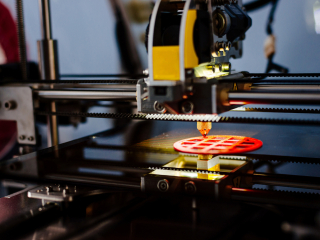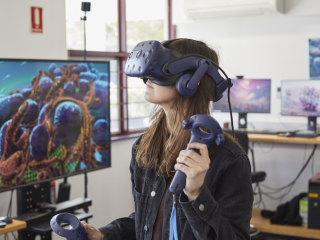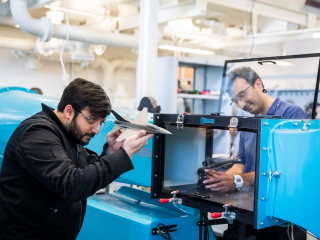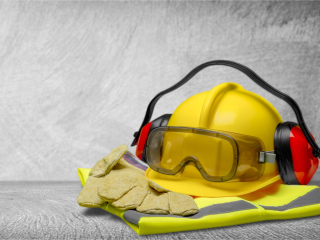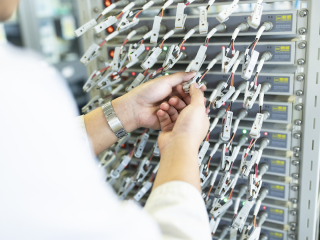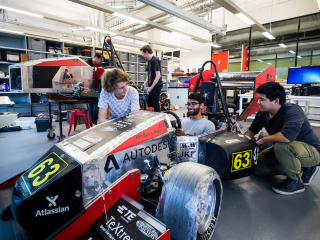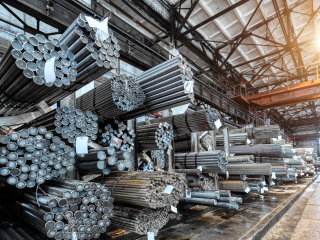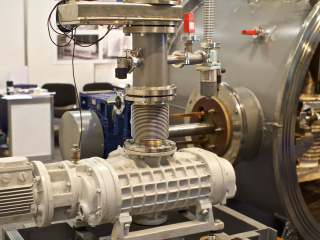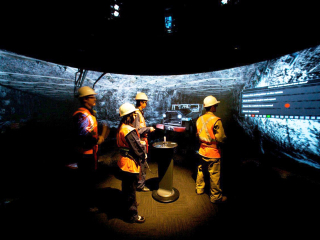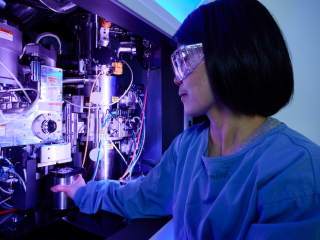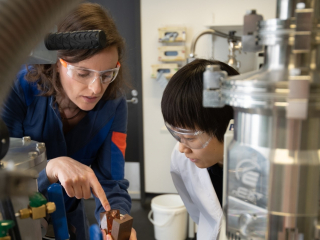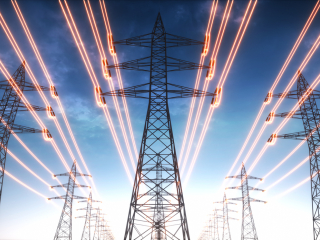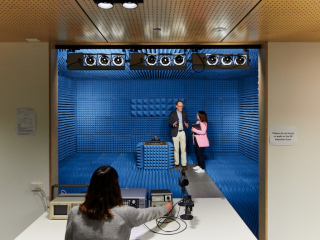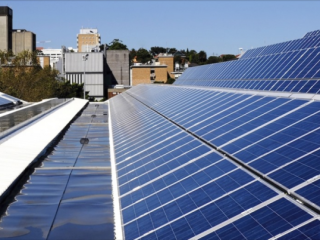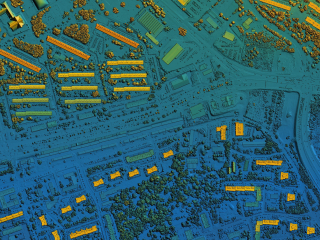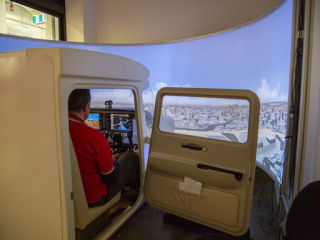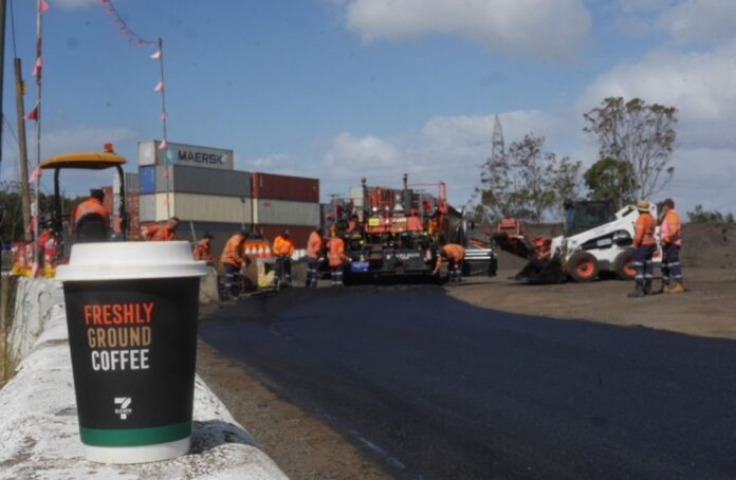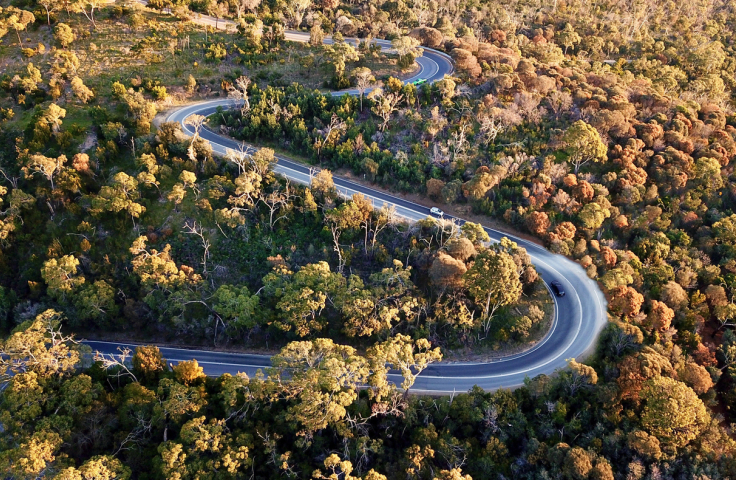- Behaviour under risk & uncertainty
- Econometrics
- Environmental engineering modelling
- Epidemiology
- Experimental economics
- Housing markets
- Human factors
- Integrated transport optimisation & planning
- Land use & environmental planning
- Network modelling
- Pedestrian crowd modelling
- Role of global transport systems in the spread of contagious diseases
- Traffic flow theory
- Traffic safety
- Transportation & freight services
- Transport planning
- Work-zone management
Engineering smart cities & logistics
- On-demand mobility & logistics
- Resilient & sustainable network design
- Traffic control & optimisation
Integrated infrastructure strategy planning
- Transportation network modelling
- Large-scale integrated transport optimisation & planning
Didn’t find what you’re looking for? The above topics are examples of our expertise but not an exhaustive list. Get in touch to learn more about our capabilities and how they could further your business goals.
